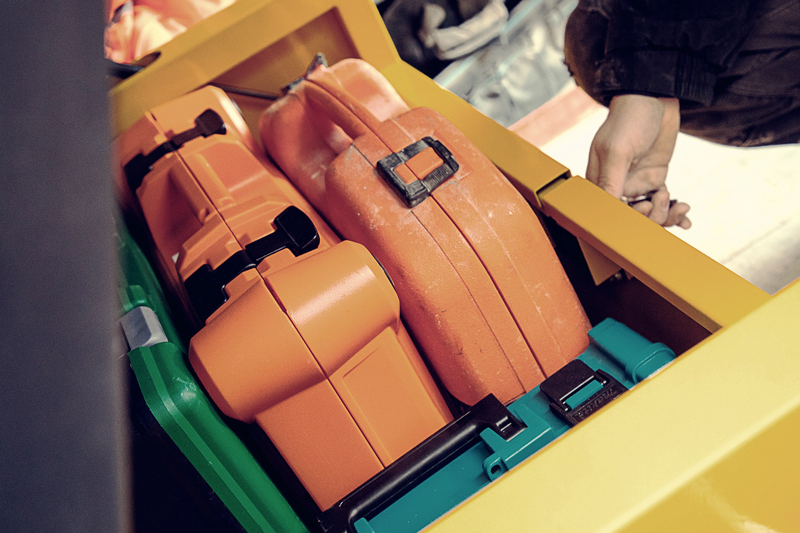Simon Joyce, Managing Director of Anchor Vans, one of the UK’s largest commercial hypermarket, considers all the things you need to know when purchasing a van.

From a financial benefit the first, and perhaps most important, point to consider is buying/leasing a company van provides a great tax break – immediately you have a 100% write down allowance against corporation tax.
Other key business benefits of owning/leasing a company van include the ability to make deliveries or collections anywhere, at a time that suits you. Plus, you can carry more, and larger items, than in a car; your logo, company name and contact details displayed on your van, immediately demonstrates the professionalism of you and your company.
Right van for you
It is absolutely key that you consider the following:
- What will the van be used for?
- What type of loads will the van need to carry i.e. equipment and/or tools, weight of loads, how will you get what you need into the van, will you need back and sliding side doors?
- Will you need to carry passengers?
- Will the van be used for local or long-distance travel to and from jobs?
Will you need to modify your van to meet the requirements of your business? Do you need internal seating, cages or shelves?
Van security
Having decided to invest in the purchase or lease of a van, ensure that it is secure. UK crime and tool theft is increasing, so make sure tools/equipment are insured and keep all receipts as proof of purchase.
Security features must be a priority, these include:
- Alarm/immobiliser
- Lockable toolboxes, deadlocks and slamlocks
- Tinted windows
- Glazed rear windows can be a risk, so make sure that you fit steel windows grates
- Separate the cab and the load area with a bulkhead
- Fit an electronic GPS tracker – making it easier to recover your van if stolen, this can also lower your insurance premium
- With keyless entry, ensure that keys are stored in a metal container or in a ‘faraday’ pouch
Easy target
You should take the following steps to ensure your van is not an ‘easy’ target:
- Remove all belongings – if you do have to leave things make sure they are out of sight
- Store tools/equipment away from your van at night – display a sticker saying ‘No tools left in this van overnight’
- Always lock your van, checking all windows are firmly closed
- Keep all documents relating to your van and your insurance in your office or home
- If you have to leave your van unattended take the keys with you
- Park your van in well-lit areas and in sight of CCTV cameras
Insure your van
Before you take possession of your new van make sure that it is insured. Insuring a ‘commercial’ vehicle can be higher than an average car or SUV because a ‘work’ vehicle presents its own set of risk factors. For example, a work vehicle often carries expensive equipment or goods and it is expected to be in use, on the road for much longer periods of time than a privately owned car.
It is important when choosing a van to make sure you have the budget for insurance. The larger the vehicle, the higher the premium will be and as a general rule, the more expensive the van, the higher the premium.
Tax
Any vehicle on the road, even if it is just parked, must be taxed at all times. Just as for your car, this can easily be done online.
Breakdown cover
If your van is off the road for any length of time this will be hugely costly for your business. Consider taking out recovery so that you have no worries should the breakdown occur a long way from your office.
Maintenance
It is false economy not to spend money on maintaining your van. Keep your van regularly serviced and set reminders for when the next service is due.
As with your car, a van over three years old requires an annual MOT. Track when the MOT expires.

Congestion Zone/ULEZ
If you operate in central London the Congestion Charging Zone (CCZ) will increase your operating costs.
Since April 2019 the new Ultra Low Emission Zone (ULEZ) operates in the same area as the CCZ and from 25 October 2021, the ULEZ area will expand to include the inner London area bounded by the North and South Circular road.
Euro 6 compliant vehicles are exempt from the ULEX charge so if you operate in this area, look at the Euro 6 options.





